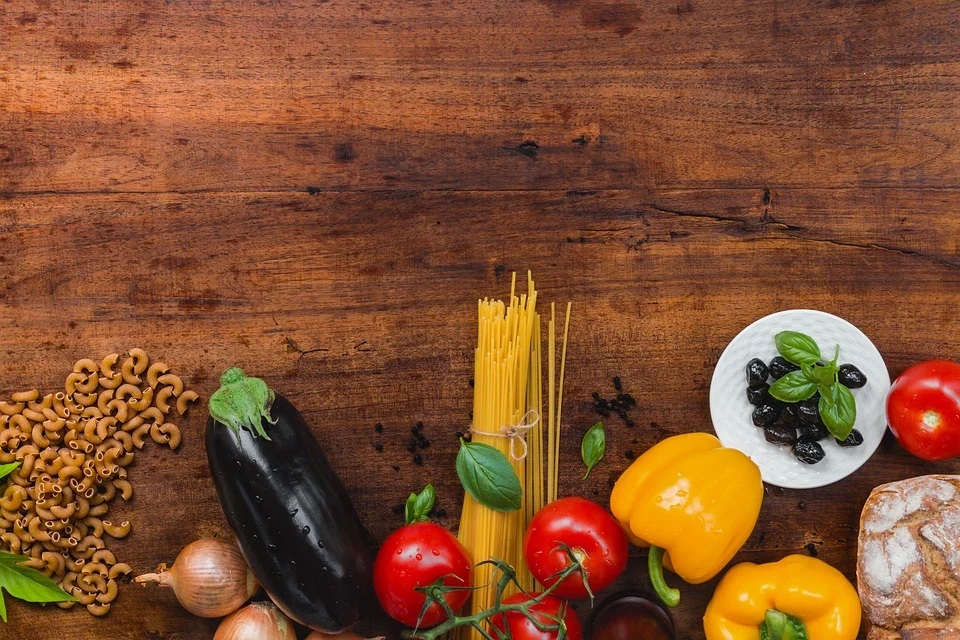
When faced with the phrase ‘healthy eating’, you may inwardly groan or resent the idea of sacrificing many food and drink items you enjoy in the name of a healthy lifestyle. A common misconception is that healthy eating has to be boring, difficult or unappealing.
There are many delicious and healthy food options, and even the process of sourcing ingredients, cooking and eating can be a pleasurable one if you take the time to build a positive relationship with food.
6 Signs You Need to Eat Healthier
While weight gain (or weight loss) is one of the biggest signs of an unhealthy diet, there are also many symptoms you may not have even considered.
- You have digestive issues, such as indigestion, gas or constipation
- You feel constantly exhausted
- Your skin is in an unhealthy state
- You never feel full
- There are key ingredients you’re constantly missing from your meals
- Your mood is affected, such as low mood, anger, irritability or depression
Healthy Eating for Those with Medical Conditions
While healthy eating can feel like a demanding prospect to many, it can be even more difficult (or even close to impossible) for people suffering with conditions or illnesses which affect their eating habits.
What matters in this instance before putting a lot of focus or pressure on the food itself, is to get yourself in the best condition and health state to be able to enjoy food properly.
Your own recovery is more important than planning healthy diets immediately, so take your time and begin to learn more about healthier foods.
If you have an eating disorder, seeking the right support (medical, emotional and psychological) is key to a recovery so that you can begin to plan a healthy diet. For those will swallowing problems, which make eating difficult, you could try solutions like Simply Thick.
Healthy Eating Tips and Tricks
- Make a Plan
This is one of the most important things you can do for healthy eating, because without proper research and planning, you don’t really stand a chance with a disciplined healthy diet. You need to understand the key nutrients and vitamins needed, which foods they are contained in, and how to exact a balanced diet. This is even more crucial for vegetarians and vegans.
Planning your meals means you’re less likely to whip up last-minute unhealthy options, too, when you don’t know what to cook, or when you’re hungry in the moment.
- Make a Grocery List (and Stick to It)
Wandering the grocery aisles can see you loading up your trolly with impulsive, unhealthy items, or items that don’t have the relevant nutrients or ingredients. After you have made a plan for your healthy meals for the week, make sure to write out a very specific grocery list for everything you need (and don’t stray from it).
- Get Active
Exercise is extremely rewarding, for the mind and body. When you get into a good fitness routine, you feel better in yourself and more energized. This can also mean you’re less likely to want to binge on unhealthy foods and cancel out your hard work.
Having a fitness routine you enjoy and getting into shape go hand in hand with a healthy diet, and you may find you actually want to eat something healthy after a satisfying workout.
